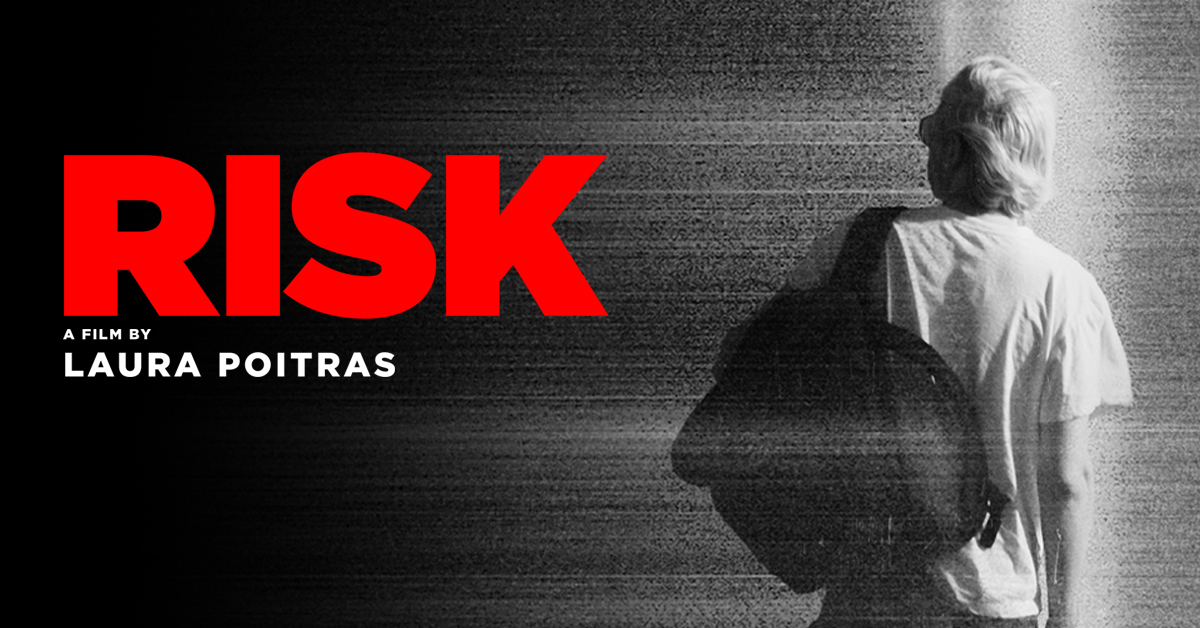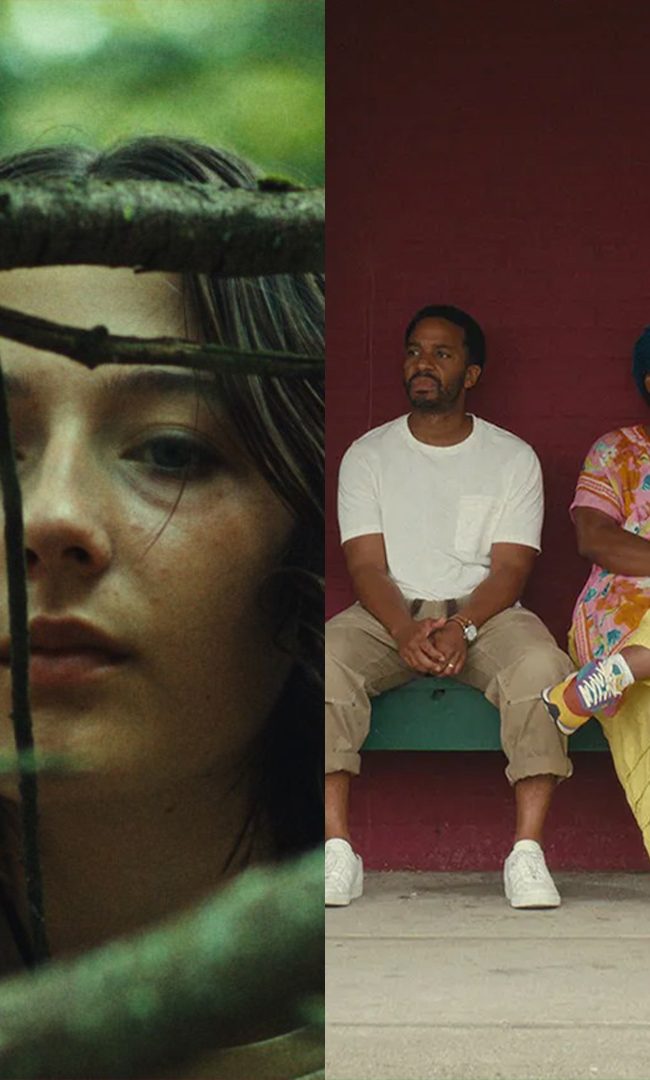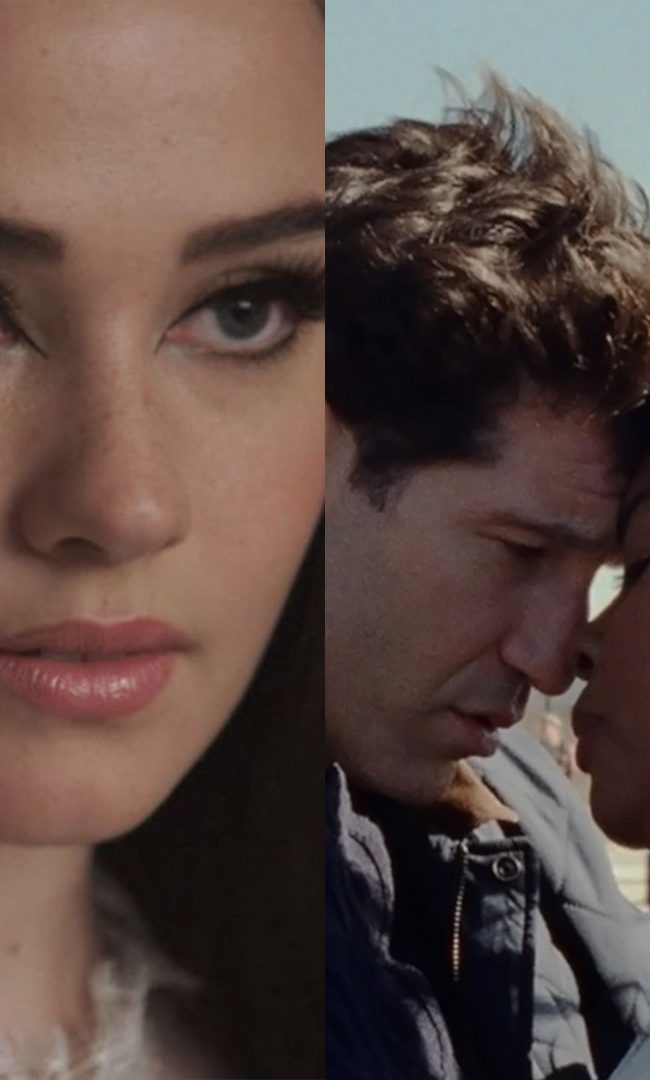
(Award-winning documentarian Laura Poitras is back with Risk, an inside look at Wikileaks founder Julian Assange. The film is in theaters now.)
Until seeing this film, I was only familiar with director Laura Poitras’ work though her remarkable 2014 exposé of government overreach, Citizenfour, which won the 2015 Oscar for Best Documentary (and deservedly so). That movie profiled NSA whistleblower Edward Snowden at the very moment when he made his globally televised statement about the secrets he was divulging. We were right there with him in the days prior to his disclosure and subsequent escape to Russia. Whatever one may think about Snowden or of a journalist who would film him while shielding him from prying eyes, the fact remains that any movie that places us right in the middle of living history becomes extraordinary by virtue of access, if nothing else. On top of that, however, Poitras found a way, though camerawork and editing, to heighten the drama, creating a work as cinematic as it was vital.
Now she is back, this time with Risk, a movie that she shot both prior to, and concurrently with, Citizenfour. Here we follow another famed whistleblower, Julian Assange of WikiLeaks. Again, Poitras places us at the center of recent events, behind the scenes as Assange evades potential deportation to Sweden by hiding in London’s Ecuadorian embassy. If you recall, Assange faced rape charges from a previous visit to Stockholm, and feared that appearing in Sweden might lead to extradition to the United States, where our government, still seething over the 2010 leak of classified military documents, sought to put Assange on trial. This story has been told already, twice before, first in documentary format – Alex Gibney’s powerful We Steal Secrets: The Story of WikiLeaks – and then in fictionalized form – the far less successful The Fifth Estate. There is nothing like being right at the heart of things, however, and that seems to be Poitras’ sensational achievement, time and again: being there when it matters.
Unfortunately, where Poitras falters is in a certain lack of focus that develops over the course of the story. The movie tries to be about more than just Assange and hubris – both his and his pursuers’ – folding in musings on Poitras’ own relationship to not just Assange but his entourage. That’s all fine – personal documentaries can be effective narrative statements – but the problem arises from a lack of consistency of approach. What kind of movie is Poitras trying to make, exactly? One particular thread she misses exploring as fully as it deserves – yet mentions, making that miss all the more painful – is the clear messianic tendencies of not just Assange but other members of his entourage. There’s Jacob Appelbaum – whom Poitras, we find out, dates at one point – as an example, whose not-so-slight peccadilloes lead to sexual harassment claims against him, as well. What is it with hackers and abuse against women, we might wonder…though, sadly, Poitras does not.
All of that would matter less if the film were content to focus on the solid facts of the case, which are compelling enough. Flawed human that he may be, Assange – and Appelbaum, too – has a lot of insight into the threats posed to our collective and individual privacies if we do not push back hard against our government’s dereliction of duty to its citizens. There’s nothing wrong with Poitras wanting to delve further into what makes Assange tick; it’s just a half-hearted attempt, diffusing the primary through line. All of that said, there is much to recommend here, as Poitras is far too good a filmmaker not to create a mostly compelling and urgent film. Like its protagonist, it’s imperfect. So be it.











